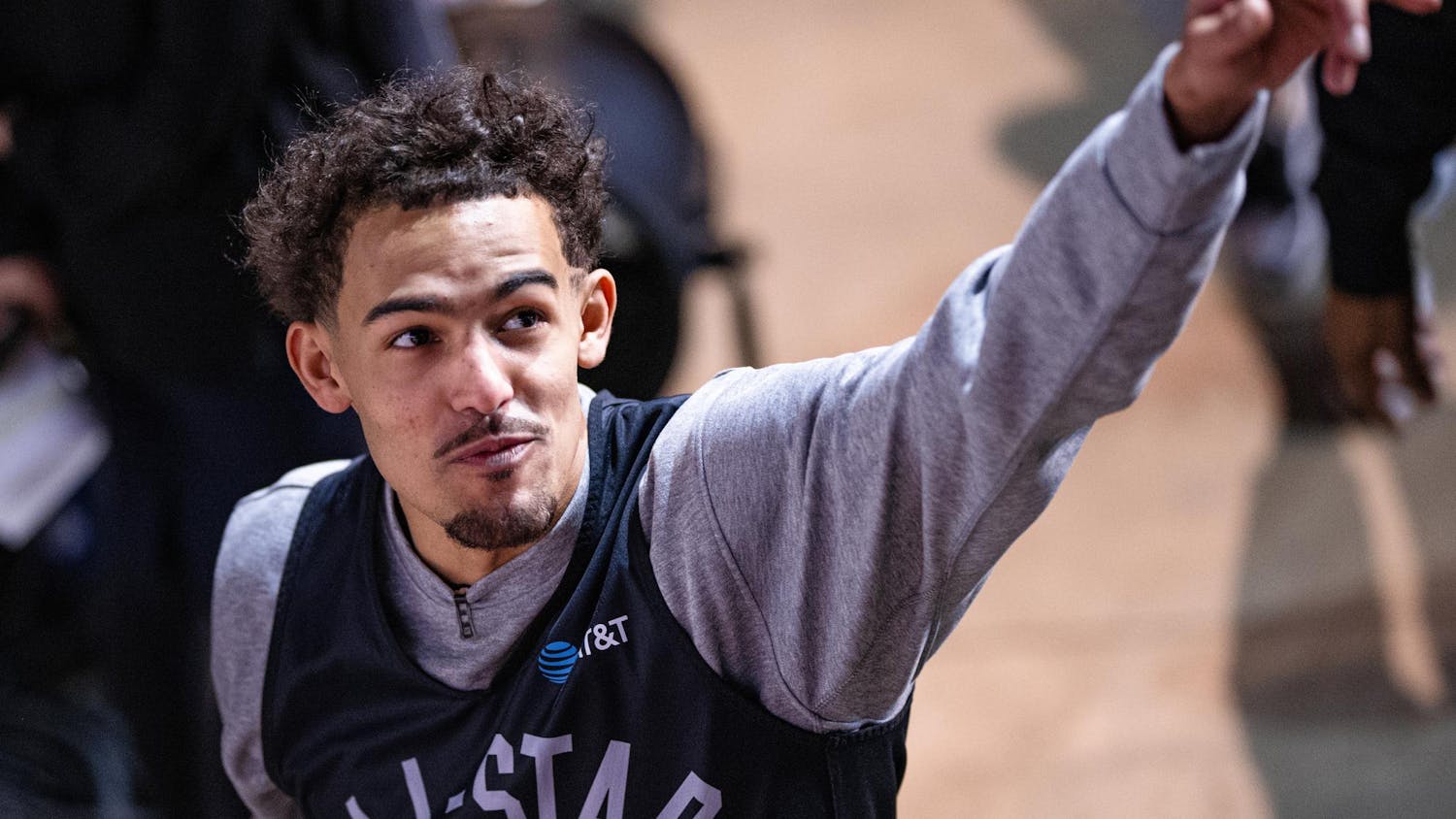The National Institutes of Health awarded the Georgia Clinical and Translational Science Alliance (CTSA) $58.6 million over the course of five years to promote the quality of clinical and translational research and expand across Georgia. The Georgia CTSA will also receive an additional $15.1 million in institutional support from its Georgia-based academic institutions, which includes Emory University.
Georgia CTSA’s primary goals are to strengthen research collaboration between Georgia academic and healthcare institutions, advance clinical and translational research, foster educational development and promote community outreach.Clinical research focuses on the safety and effectiveness of advancing patient care while translational research applies results in basic research into results that directly benefit humans. In addition to Emory, the Georgia CTSA consists of Morehouse School of Medicine (Ga.), Georgia Institute of Technology (Georgia Tech) and the University of Georgia. The Georgia CTSA also partners with institutions like Children’s Healthcare of Atlanta.

Professor of Medicine and Biomedical Engineering W. Robert Taylor, who also serves as the contact principal investigator for Georgia CTSA, described the grant as multifaceted, as it supports both the Emory community and the people of Georgia. The grant will be used to fund infrastructure initiatives such as biostatistical consulting and assistance with study design, educational programs for learners at all stages, technological developments, community outreach programs, clinical research units and pilot grants.
Georgia CTSA is currently developing and supporting programs at Emory and other Georgia-based institutions. For example, AppHatchery is a mobile app consulting and development service that researchers at CTSA universities can use. The Georgia Tech-Emory Biomedical Engineering Team backed by CTSA competed for the Atlantic Coast Conference InVenture Prize this year, winning with their carotid artery closure device, Taylor said.
Additionally, Georgia CTSA has a major focus on reducing health disparities in Georgia, especially by improving maternal health, Taylor said in an email to the Wheel.
“This is particularly relevant in Georgia as we rank 49th in the country in maternal mortality,” Taylor wrote. “We are funding pilot grants over the next five years to be led by faculty and community based organizations. These grants will be the creative product of our faculty and community partners.”
In its mission to recruit more women and underrepresented minorities to conduct clinical and translational research, Georgia CTSA Executive Center Administrator Andrew West (93C) said that Georgia CTSA nationally ranks in the top three out of 63 hubs when it comes to the proportion of women KL2 scholars, which supports career development for junior faculty interested in clinical and translational science.
“Our KL2 program has supported 60 scholars; 70% have been women and 27% are underrepresented minorities,” West said. “Emory has committed additional funding for one [underrepresented minority] (URM) scholar per year and two additional URM trainees per year.”
Emory has not solely increased URM representation in conducting research — the University also increased diversity among research study participants. Despite non-Hispanic white Americans representing about 60% of the U.S. population, over 90% of U.S. clinical trial subjects were white in 2021.
“Our clinical research centers supported outpatient monoclonal antibody infusions for COVID-19 positive patients as well as the COVID-19 vaccine trials for Grady Health System and Emory Healthcare, which recruited 60% underrepresented minority participants,” West said. “66% of our pediatrics participants enrolled in research between 2017-2020 were from underrepresented racial backgrounds with 6% of participants reporting Hispanic ethnicity.”
Undergraduate students could also get involved in Georgia CTSA-sponsored projects through seeking out faculty based on webpages, Taylor said. Georgia CTSA’s weekly newsletter, eRoundup, is another resource for undergraduates who are interested in getting involved in clinical and translational research.
“The Clinical Research Centers recruit one or two undergraduate students to work part time,” West said. “Our pediatrics program sponsors the annual Southeastern Pediatric Research Conference, which encourages undergraduate poster presentations.”







